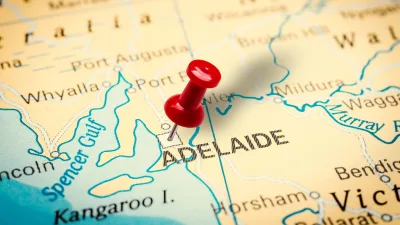Chinese inflation under control, says HSBC


Headline inflation in China will fall to 2.9 per cent in 2012, leaving Beijing with plenty of room to reflate growth and avoid a hard landing, according to HSBC.
The year-on-year headline consumer price index (CPI) in China for 2011 was 5.4 per cent - well above the Government's official annual target of 4 per cent.
December recorded the lowest year-on-year CPI figure for 2011 with 4.1 per cent - down from November's 4.2 per cent. The decline in headline inflation is partly due to a sharp decline in the producer price index, which fell to 1.7 per cent year-on-year in December from 2.7 per cent in November. Non-food price growth also eased from 2.2 per cent year-on-year in November to 1.9 per cent in December.
However, food price inflation rose from 8.8 per cent year-on-year in November to 9.1 per cent in December due to a seasonal rebound. Despite this, the most significant source of food price inflation in China - pork prices - eased to 21.3 per cent year-on-year in December from 26.5 per cent in November.
The Chinese New Year (23 January) is also likely to see a seasonal spike in headline inflation, according to HSBC.
"Looking into 2012, inflation should no longer be a key policy concern, due to normalising credit expansion, a moderating GDP growth rate, softening global commodities prices, and the continued delivery of supply-side measures designed to stabilise food prices," said HSBC.
HSBC also expects Beijing to make 150 basis points of reserve ratio cuts in the next six months in an effort to boost domestic demand, with the next cut likely to arrive within weeks.
Recommended for you
The Financial Services and Credit Panel has made a written direction after advice regarding non-concessional contributions meant an individual was forced to withdraw over $330,000 from their super.
Merchant Wealth’s David Haintz has described how the firm differs from the traditional private equity ventures jumping into Australia, and why M&A isn’t like Married at First Sight.
ASIC has been granted permission to shut down almost 100 websites running investment scams, with the Federal Court describing how its victims were “fattened like pigs to slaughter”.
An Adelaide-based financial planning and accounting firm is set to merge into Count Adelaide, aligning with Count’s ambitions to form a national footprint of scaled equity partnerships.














